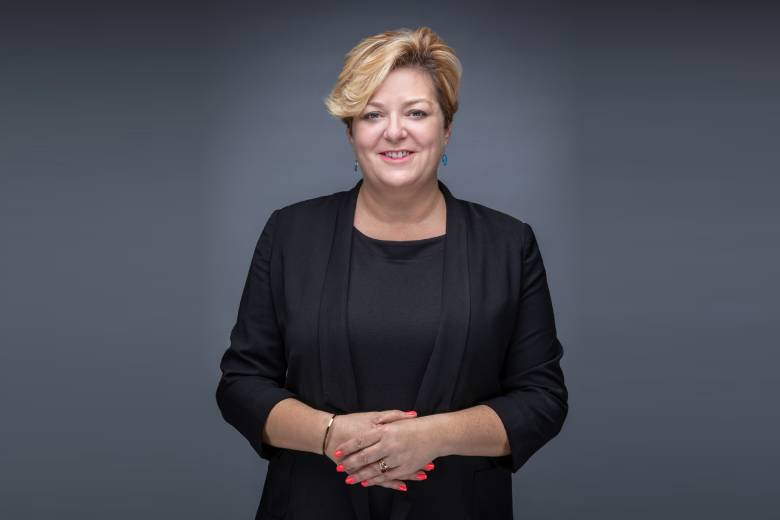Dubai is constantly strengthening its position as a prominent hub for global higher education. The increasing establishment of international campuses and the wide array of educational programmes have succeeded in drawing a growing number of international students to choose Dubai as their study destination. Dubai’s international higher education institutions have experienced a robust 8% cent annual enrollment growth, as per recent data from the Knowledge and Human Development Authority (KHDA).
By Vanessa Northway, Deputy Vice-Principal For Learning & Teaching At Heriot-Watt University Dubai
Furthermore, an infographic by KHDA indicates that the total university enrollment surpasses 30,000 students, with international students contributing significantly to this growth, showing a 12% increase and now representing nearly one third of the total student population. There has been a significant surge in the number of international students enrolled at Heriot-Watt University Dubai, with over 500 students joining being international for the 2023-2024 academic year. This advancement underscores the high standard of education provided by universities in the city and their unwavering dedication to fostering a genuinely world-class higher education landscape.
The business districts support the goals of Dubai Economic Agenda ‘D33’ to position the city as a global pioneering hub for higher education
The experience of residing and studying in a foreign country can be enriching for the students, yet it entails various sociocultural, environmental, and physiological adjustments, along with emotional adaptations. International students often grapple with intense academic pressure while pursuing their education abroad.
These students face distinctive obstacles, including cultural adaptation, language barriers, and academic demands, all of which can significantly heighten their stress levels. It is common during this transitional phase to encounter emotional instability linked to stress, including feelings of powerlessness, isolation, a sense of insignificance, and emotional turbulence. To alleviate stress among international students, it is essential for university administrators to identify the cause and assess and implement appropriate methods that can effectively explore the impact of stress on the academic performance and overall welfare of these students.

One of the most significant stressors for international students is the process of adapting to a new culture. Leaving behind one’s home country and entering a foreign academic environment can be overwhelming. The differences in language, customs, social norms, and educational systems can create a sense of isolation and alienation. International students often find it challenging to establish meaningful relationships, which can exacerbate their stress levels. Universities should provide comprehensive orientation programmes that familiarise international students with the local culture and support networks. Heriot-Watt University in Dubai actively engages its international student community through diverse strategies. The university organises a welcoming dinner for global students, with the aim of fostering connections between students and staff. To ease the cultural adjustment stress of international students, it’s important to promote cross-cultural interactions and provide tailored counselling services that meet their unique needs.
New programmes are geared at upskilling students for a digital world as technology adoption remains a key driver of business transformation, according to the World Economic Forum’s Future of Jobs Report 2023
International students may find it challenging to build a social network in a foreign country, leading to feelings of isolation and loneliness. The lack of a support system can exacerbate academic stress and negatively impact mental health. To combat this, universities should organise cultural exchange events, mentorship programmes, and international student clubs. Encouraging domestic and international students to engage in cross-cultural activities can foster a sense of belonging and support. Furthermore, support for international students includes orientation sessions, cultural immersion activities, and assigning trained senior students as year-round points of contact, encouraging friendships and support networks. Regular follow-up sessions provide essential guidance, easing international students’ transition into the university culture and enhancing their sense of belonging, ultimately promoting their academic and personal success. At our Dubai campus, through virtual collaborative sessions with Dubai Student Services, Finance, Visa Dept, and Student Council, we provide crucial information to parents, students, and agents.

Financial stress is another significant issue for international students, as they often need to manage tuition fees, living expenses, and, in some cases, support their families back home. Financial literacy programmes can also empower students to manage their finances effectively. As international education continues to grow, addressing academic stress among international students must remain a top priority for universities and educators. Together, we can ensure that these students not only achieve their academic goals but also thrive personally and culturally during their educational journey in a foreign land.












